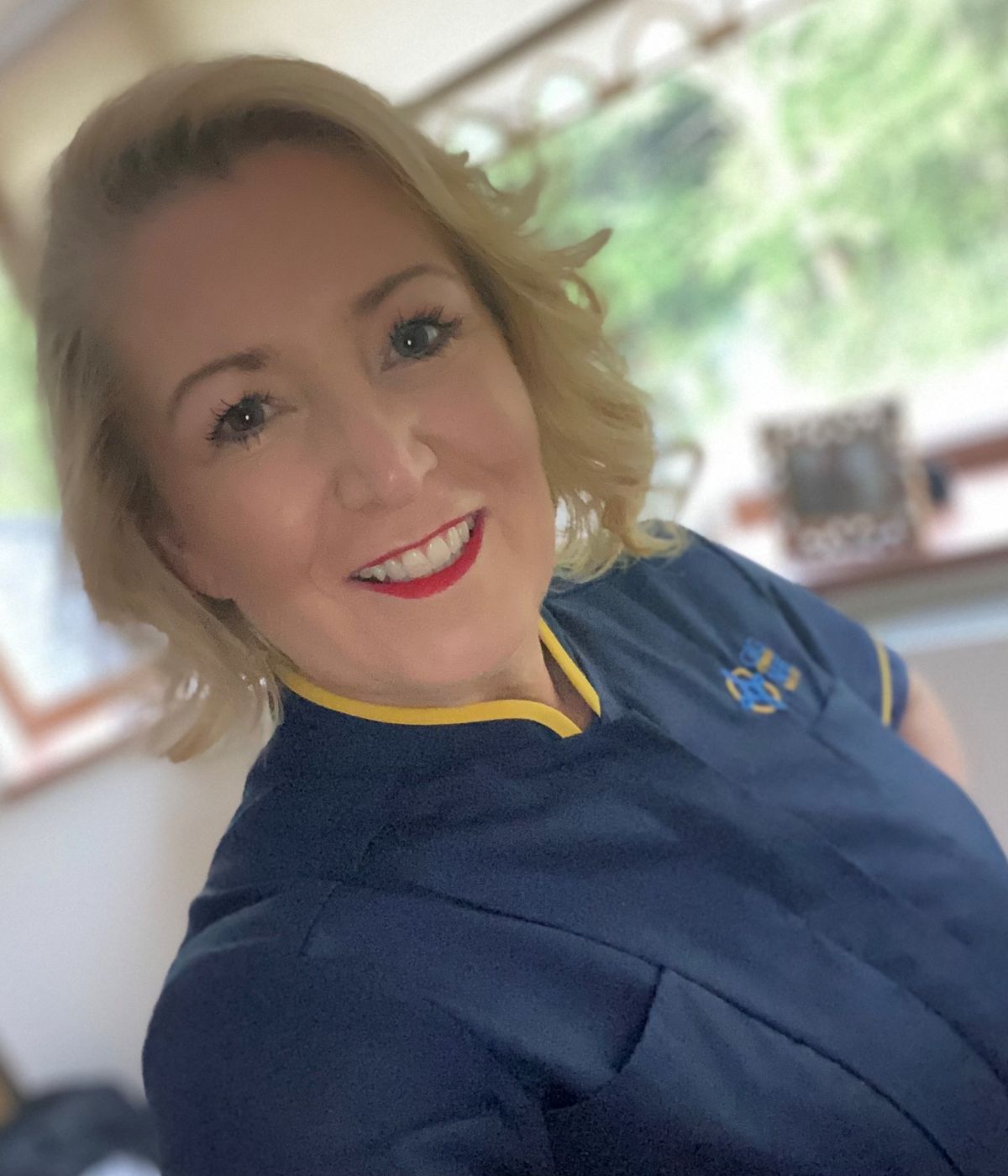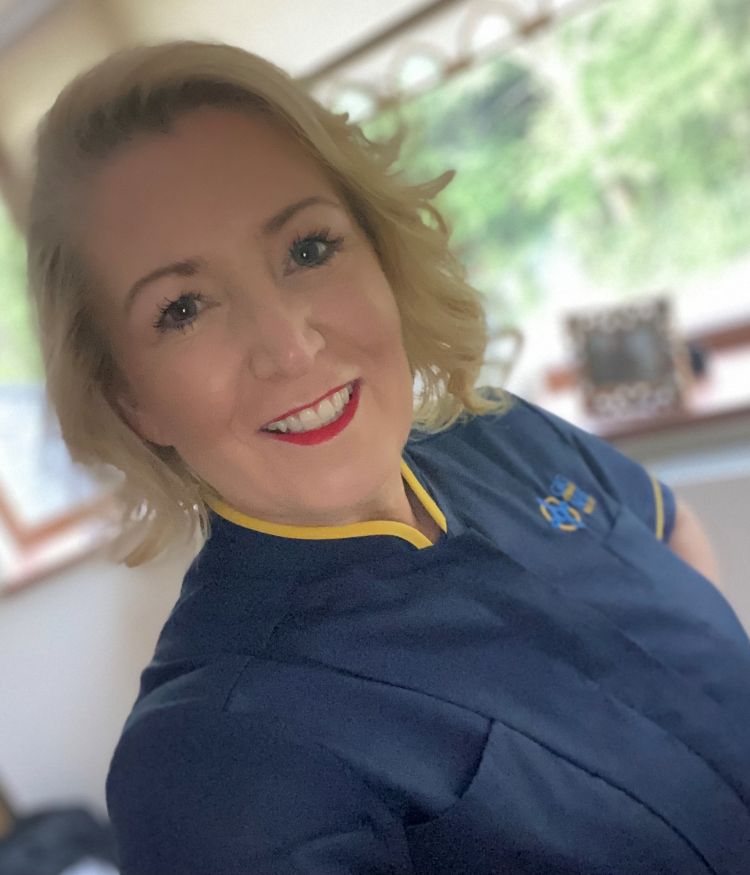
The day everything changed: midwifery during the Covid-19 pandemic
Monday 16 March 2020 is a date that will stay with me forever, as this was the day everything changed. This was the day we began our response to the rapidly spreading Covid-19 pandemic.
As a senior leadership team, we quickly introduced meetings to plan for the next 12 to 24 hours. Overnight, rooms, cupboards and entire wards were repurposed into Covid areas.
Adapting to change
We had to adapt to new ways of working like using virtual technologies. And I’m proud of the way everyone rallied together across different teams.
For maternity services, the pace of change was unprecedented. Advice from the different Royal Colleges was often contradictory and national guidance changed almost by the hour.
I could make a communications plans during the afternoon only for Government guidelines to have changed by the time I arrived home after work.
Supporting patients despite Covid restrictions

We didn’t know what to expect and how this emerging pandemic would affect babies, women, pregnant people and their families. We did not see such devastating consequence for the majority of our maternity population from mortality and morbidity.
However, the psychological impact of restricted hospital visiting, anxiety surrounding being a hospital in-patient and restrictions with face-to-face contact was profound.
We felt the absolute burden of moral injury experienced by our teams at this time.
Restrictions on face to face home visiting impacted our families and colleagues significantly, particularly within the safeguarding arena.
There was an expectation to carry on
Some of our colleagues struggled to deal with the impact of multiple lockdowns and uncertainty.
Well-being support was crucial as we recognised that many of our colleagues would have needed to home school their children in between shifts, and may have had partners and families experiencing furlough and financial hardship.
Yet, there was an expectation to carry on.
Coming out of the pandemic our teams were tired. Some of our colleagues chose to leave the profession who, had it not been for Covid-19, may have chosen otherwise.
The clapping had stopped, and sympathy for our NHS had all but diminished.
Getting back to a new normal is taking time, patience, energy and new ways of working. It’s taking a lot of getting used to.
